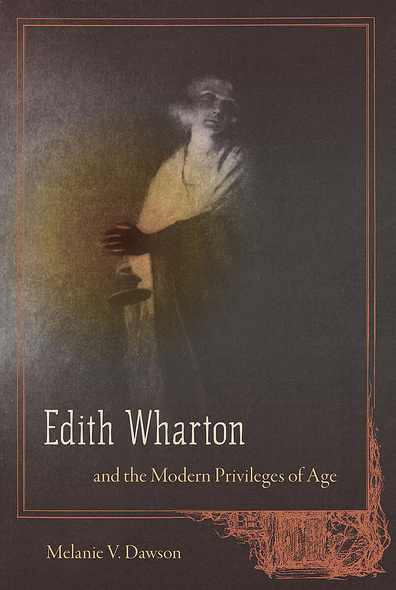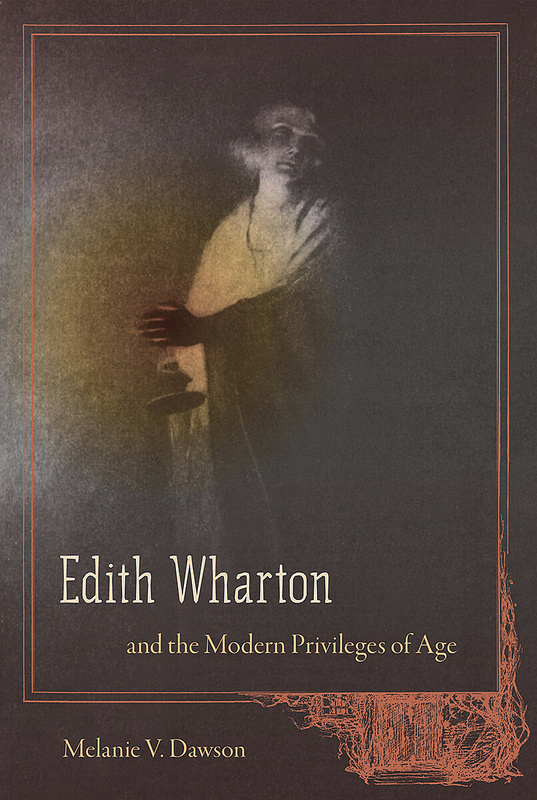
Providing a counterpoint to readings of modern American culture that focus on the cult of youth, Edith Wharton and the Modern Privileges of Age interrogates early twentieth-century literature’s obsessions with aging past early youth. Exploring the ways in which the aging process was understood as generating unequal privileges and as inciting intergenerational contests, this study situates constructions of age at the center of modern narrative conflicts. Dawson examines how representations of aging connect the work of Edith Wharton to writings by a number of modern authors, including Willa Cather, Marjorie Kinnan Rawlings, Zora Neale Hurston, F. Scott Fitzgerald, Floyd Dell, Eugene O’Neill, and Gertrude Atherton. For these writers, age-based ideologies filter through narratives of mourning for youth lost in the Great War, the trauma connected to personal change, the contested self-determination of the aged, the perceived problem of middle-aged sexuality, fantasies of rejuvenation, and persistent patterns of patriarchal authority. The work of these writers shows that as the generational ascendancy of some groups was imagined to operate in tandem with disempowerment of others, the charged dynamics of age gave rise to contests about property and authority. Constructions of age-based values also reinforced gender norms, producing questions about personal value that were directed toward women of all ages. By interpreting Edith Wharton’s and her contemporaries’ works in relation to age-based anxieties, Dawson sets Wharton’s work at the center of a vital debate about the contested privileges associated with age in contemporary culture.
A comprehensive and sophisticated study that draws attention to the various manifestations and implications of age and aging in modern literature. This volume goes well beyond Wharton’s body of work to offer important analyses of her contemporaries on their own terms, as well as thought-provoking comparisons of Wharton and her fellow writers.’—Gary Totten, editor of Memorial Boxes and Guarded Interiors: Edith Wharton and Material Culture
Melanie V. Dawson is professor of English at the College of William & Mary. She is the author of Emotional Reinventions: Realist-Era Representations Beyond Sympathy and coeditor of American Literary History and the Turn toward Modernity.




